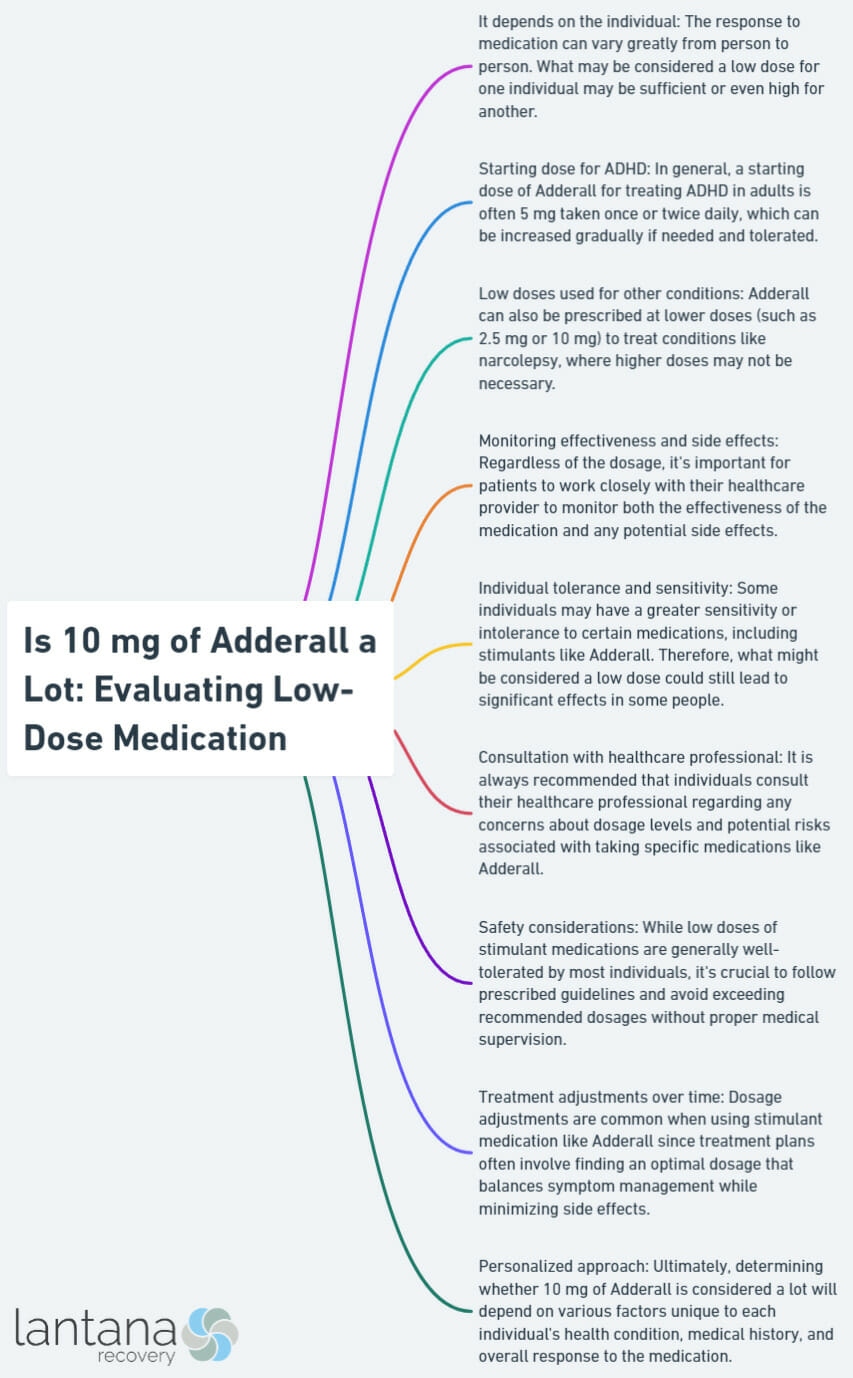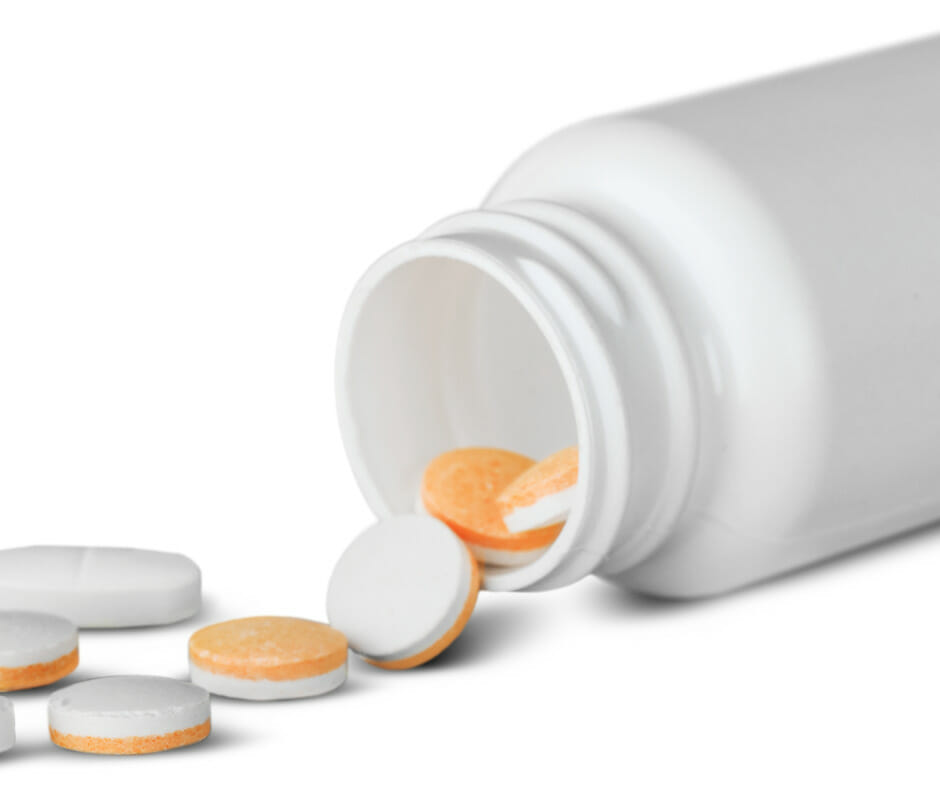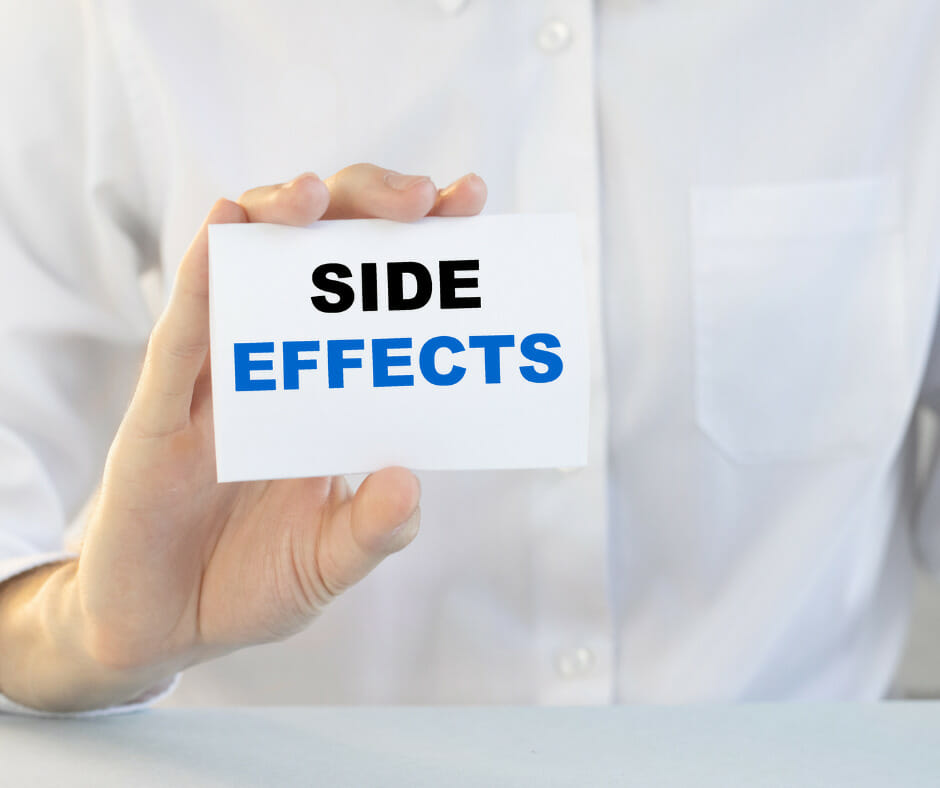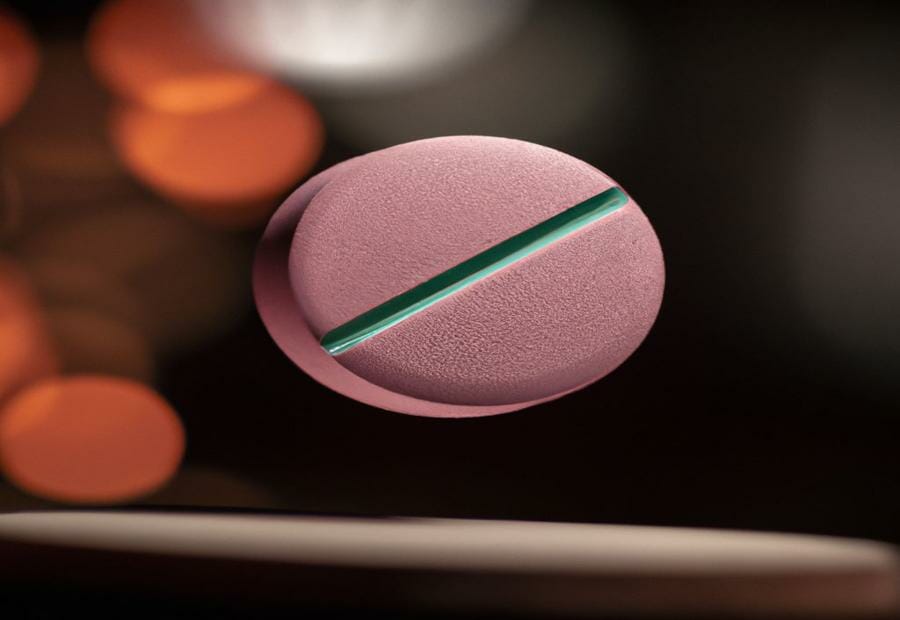Low-dose medication, including low-dose Adderall, is a topic of interest and importance when it comes to evaluating the effectiveness and potential risks of certain medications. In the case of Adderall, a widely prescribed medication for attention deficit hyperactivity disorder (ADHD), understanding what constitutes a low dose and its effects is crucial. Low-dose Adderall refers to a smaller dosage, usually around 10 mg, which is often prescribed to individuals starting on the medication or those who require a lower dose due to factors such as age or sensitivity. This article aims to provide an in-depth evaluation of low-dose Adderall, exploring its purpose, effects, benefits, risks, and factors to consider when evaluating any low-dose medication. By understanding these aspects, individuals can make informed decisions based on their unique circumstances and consult healthcare professionals for personalized advice.

What is Adderall?
Adderall is a prescription medication that is used to treat attention deficit hyperactivity disorder (ADHD) and narcolepsy. It is a combination of amphetamine and dextroamphetamine, which are stimulants that affect the central nervous system. These stimulants work by increasing certain brain chemicals that help with focus, attention, and impulse control.
When taken as prescribed, Adderall is effective in managing the symptoms of ADHD and narcolepsy. However, it is a potent medication that should only be used under the guidance of a healthcare professional. It is not intended for recreational use or for individuals who do not have a diagnosed condition.
The dosage of Adderall will vary depending on factors such as age, condition, and individual response. It typically starts at a low dose and can be gradually increased if necessary. It is crucial to follow the prescribed dosage and not exceed it.
Although Adderall can be beneficial for those who require it, it is essential to consider potential side effects and risks. These may include increased heart rate, elevated blood pressure, difficulty sleeping, loss of appetite, and changes in mood.
What is the Purpose of Adderall?
The purpose of Adderall is to treat Attention Deficit Hyperactivity Disorder (ADHD) and narcolepsy. Adderall is a stimulant medication that contains amphetamine salts. It increases levels of certain neurotransmitters in the brain, improving focus and controlling impulses in individuals with ADHD.
ADHD treatment: Adderall is prescribed to manage symptoms of ADHD, such as difficulty paying attention, impulsivity, and hyperactivity. It helps individuals with ADHD improve attention span, stay focused, and reduce impulsive behaviors.
Narcolepsy management: Adderall also treats narcolepsy, a sleep disorder characterized by excessive daytime sleepiness and sudden bouts of sleep. It helps individuals with narcolepsy stay awake during the day and maintain a regular sleep-wake cycle.
Improving cognitive function: Adderall can enhance cognitive function in individuals without ADHD as well. It may improve cognitive abilities such as memory, alertness, and decision-making. In 2012, a systematic review of 43 studies involving 2110 school going children reported that Adderall has the potential to improve focus, memory, academic performance in children with ADHD.
It is important to note that Adderall should only be used under the supervision of a healthcare professional and as prescribed. It can have side effects and risks, and its use should be carefully monitored. If you think you or someone you know may benefit from Adderall, consult with a healthcare professional to discuss the potential benefits and risks.

What is Considered a Low Dose of Adderall?
A low dose of Adderall, which is typically 5-10 mg per day, is considered safe and effective for individuals with ADHD or those who are sensitive to the medication.
This dosage helps to increase certain brain chemicals, improving focus, attention, and impulse control, without causing significant side effects.
However, it is important to note that the appropriate dosage may vary based on factors such as age, weight, and overall health.
Therefore, it is crucial to follow the prescribed dosage and consult with a healthcare professional for guidance on safety and effectiveness.
Taking higher doses without medical supervision can be dangerous, so it is essential to manage ADHD symptoms by adhering to the prescribed dosage under the supervision of a healthcare professional.
How is the Dosage of Adderall Determined?
The dosage of Adderall is determined by factors such as age, weight, medical history, and the condition being treated. The dosage starts low and is increased gradually as necessary. The goal is to find the minimum effective dose with desired effects and minimal side effects.
For children aged 6 to 17 with ADHD, the initial dosage is usually 5 mg once or twice daily. The dosage can be increased by 5 mg per week until the optimal dose is reached. Adults with ADHD typically start with 10 mg once or twice daily, which may also be increased gradually.
For treating narcolepsy in adults, the initial dose is usually 10 mg once daily, and can be increased by 10 mg per week if needed. The maximum recommended daily dosage for narcolepsy is 60 mg.
It’s important to note that a healthcare professional should determine the dosage after a thorough evaluation of the individual’s needs and response to the medication. Factors such as sensitivity, tolerance, potential interactions, and consultation with a healthcare professional should be considered.
For a comparative analysis of various ADHD medications, refer to article vyvanse vs ritalin vs adderall.

Effects and Benefits of Low-Dose Adderall
The effects and benefits of low-dose Adderall vary and depend on individual tolerance, body composition, and medical history. Key considerations include:
- Improved focus and concentration: Low-dose Adderall helps individuals with ADHD stay focused and concentrate better.
- Enhanced cognitive function: Low-dose Adderall may improve cognitive function, such as memory and executive functioning, in individuals with ADHD.
- Increased alertness and wakefulness: Low-dose Adderall combats excessive sleepiness, making individuals feel more awake and alert.
- Decreased impulsivity: Low-dose Adderall can help individuals with ADHD reduce impulsive behaviors and improve self-control.
It’s important to note that low-dose Adderall should only be taken under the guidance and prescription of a healthcare professional. Individuals without ADHD should not use Adderall for cognitive enhancement or recreational purposes as it can have adverse effects.
If you are considering using low-dose Adderall, discuss your needs and concerns with a qualified healthcare provider. They will assess your medical history and tailor the medication dosage to your individual needs. Remember to prioritize your overall well-being and follow the guidance of a healthcare professional.
What are the Cognitive Effects of Low-Dose Adderall?
What are the cognitive effects of low-dose Adderall? The cognitive effects primarily enhance attention, focus, alertness, executive functions, and productivity. It stimulates the central nervous system to increase neurotransmitter levels in the brain, resulting in improved concentration. Additionally, it reduces daytime sleepiness, allowing individuals with ADHD to stay awake and focused for longer periods. Low-dose Adderall also enhances executive functions, such as decision-making, problem-solving, and working memory.
With increased attention, focus, and alertness, individuals become more productive and efficient in completing tasks. It’s worth noting that individual responses may vary, and it’s important to consult a healthcare professional to determine the appropriate dosage and assess potential side effects. To conclude, using low-dose Adderall responsibly and under the guidance of a healthcare professional can have positive cognitive effects.
How Does Low-Dose Adderall Improve Focus and Concentration?
Low-dose Adderall improves focus and concentration by naturally stimulating the central nervous system. By increasing levels of dopamine and norepinephrine in the brain, it effectively regulates brain activity and enhances cognitive function.
Specifically, low-dose Adderall improves focus and concentration by naturally boosting alertness and reducing distractions. This allows individuals to stay attentive and engaged for longer periods of time, without being easily distracted.
The effectiveness of low-dose Adderall on focus and concentration varies depending on the dosage. A lower dosage, such as 10 mg, can provide noticeable improvements in focus without causing significant side effects. It is important to understand that everyone’s sensitivity and tolerance to the medication may differ, so the optimal dosage may vary for each individual.
Individuals with ADHD can benefit from low-dose Adderall as it improves their ability to focus, control impulsivity, and stay on task. However, it is crucial to consult a healthcare professional to determine the appropriate dosage and ensure safe and effective usage.
While low-dose Adderall can enhance focus and concentration, it is important to be aware of the potential risks and side effects. Common side effects may include increased heart rate, elevated blood pressure, insomnia, and decreased appetite. Prolonged use may also lead to dependence or tolerance.

Can Low-Dose Adderall Help with ADHD Symptoms?
When considering low-dose Adderall for ADHD symptoms, it’s important to understand whether Low-Dose Adderall Help with ADHD Symptoms, its potential effects and benefits. Here are some key factors to consider:
- Studies have shown that even at low doses, Adderall can effectively reduce ADHD symptoms. It increases certain neurotransmitters in the brain, improving focus and attention. According to a study published in JAMA, “treatment with Adderall at an average oral dose of 54 mg (administered in 2 daily doses) was effective and well tolerated.” (Efficacy of a Mixed Amphetamine Salts Compound in Adults With Attention-Deficit/Hyperactivity Disorder, Spencer et al., 2001)
- Individual response may vary. Some people may experience significant symptom improvement, while others may have a less pronounced response. Monitoring effects closely and consulting a healthcare professional is important.
- Low-dose Adderall can enhance cognitive function in individuals with ADHD. It improves working memory, mental alertness, and organization.
- Medication is often recommended as part of a comprehensive treatment plan that may include behavioral therapy, educational support, and lifestyle modifications. Combining different approaches maximizes ADHD management.
- Potential side effects of low-dose Adderall may include decreased appetite, difficulty sleeping, increased heart rate, and irritability. Weighing the benefits against possible risks and discussing concerns with a healthcare professional is crucial.
Ultimately, the decision to use low-dose Adderall should be made in consultation with a healthcare professional. They will assess the individual’s specific needs and circumstances, considering factors such as symptom severity, medical history, and treatment goals, to determine the most appropriate course of action.

Risks and Side Effects of Low-Dose Adderall
The risks and side effects of low-dose Adderall should be carefully considered. These include addiction, heart problems, insomnia, loss of appetite, and stomach problems. Adderall contains amphetamine, which is a highly addictive substance. It can also raise heart rate and blood pressure, disrupt sleep, reduce appetite, and lead to gastrointestinal issues. It is important to note that the severity of these effects may vary from person to person. Therefore, it is crucial to consult with a healthcare professional before starting or adjusting Adderall.
In a true story, a friend of mine decided to try low-dose Adderall to enhance her focus and concentration. Initially, she noticed an improvement in her productivity. However, she eventually experienced difficulty sleeping, a decrease in appetite, an increase in heart rate, and heightened feelings of anxiety. Concerned about these side effects, she sought advice from her doctor, who recommended discontinuing the medication and exploring alternative treatment options. This real-life experience serves as a reminder of the potential risks associated with low-dose Adderall.
What Are the Common Side Effects of Low-Dose Adderall?
The common side effects of low-dose Adderall, “What Are the Common Side Effects of Low-Dose Adderall?,” include increased heart rate, decreased appetite, insomnia, dry mouth, headaches, nervousness or anxiety, and stomach upset. Low-dose Adderall may cause an elevated heart rate, reduced appetite, interfere with sleep patterns, result in dryness in the mouth, cause headaches, stimulate the nervous system leading to feelings of nervousness or anxiety, and cause gastrointestinal issues such as nausea, vomiting, or abdominal pain.
It is important to note that not everyone will experience these side effects, and their severity can vary from person to person. If you are considering taking low-dose Adderall, it is essential to discuss potential side effects and any pre-existing health conditions with a healthcare professional.
Are There Any Long-Term Risks Associated with Low-Dose Adderall?
- Cardiovascular risks: Low-dose Adderall may have potential long-term risks. It can increase heart rate and blood pressure, potentially leading to heart problems over time.
- Psychiatric effects: Adderall can cause changes in mood, such as increased anxiety or irritability. Prolonged use may contribute to the development or worsening of psychiatric disorders.
- Tolerance and dependence: Continual use of low-dose Adderall can lead to tolerance, requiring higher doses for the same benefits. There is also a risk of dependence, where the body relies on the medication.
- Sleep disturbances: Low-dose Adderall can affect sleep, causing difficulties falling or staying asleep. This can negatively impact overall health and well-being.
- Growth and development: Long-term use of Adderall in children and adolescents may impact growth and development. It is important to monitor height, weight, and overall development during prolonged use.
Consulting with a healthcare professional is essential to assess individual risks and benefits. Regular monitoring and open communication can help address potential long-term risks and ensure the medication’s effectiveness.
For more information on different Adderall dosages, read our article on Adderall 7.5mg.

Factors to Consider when Evaluating Low-Dose Medication
When evaluating low-dose medication, there are several factors to consider that can greatly influence its effects and outcomes. From individual sensitivity and tolerance to potential interactions with other medications or substances, each aspect plays a crucial role.
This section will shed light on these factors and emphasize the importance of consulting with a healthcare professional for a comprehensive evaluation. So, let’s dive in and uncover the critical considerations when it comes to low-dose medication.
Individual Sensitivity and Tolerance
Individual sensitivity and tolerance are crucial when evaluating low-dose medication like Adderall. It is important to understand how an individual’s sensitivity and tolerance impact their response to a low dose of Adderall. Some individuals may be more sensitive to Adderall even at low doses, which can result in stronger or more pronounced effects. Therefore, monitoring changes in mood, behavior, or physical sensations when starting or adjusting the dosage is essential. Additionally, over time, the body can develop tolerance to Adderall, making the same dose less effective. Working closely with a healthcare professional to monitor tolerance and make necessary adjustments is important.
It is also important to consider the individual variations that may influence the body’s response to Adderall. Factors such as age, weight, metabolism, and overall health can play a role in how the body processes and responds to the medication.
Regular monitoring of an individual’s response to Adderall is essential. This includes evaluating its effectiveness, noting any side effects, and assessing overall well-being. Open and honest communication with a healthcare professional ensures that the dosage is appropriate and adjustments can be made if needed.
Understanding an individual’s sensitivity and tolerance to Adderall is vital for determining the right low dose for their specific needs. By considering these factors and working with a healthcare professional, individuals can find the optimal dosage that provides desired benefits while minimizing risks or side effects.
Interaction with Other Medications or Substances
When using low-dose medication like Adderall, it’s crucial to consider its interaction with other medications or substances. Here are some important factors to keep in mind:
- Drug interactions: It is important to be aware of potential interactions between Adderall and other medications or substances you may be taking. Certain drugs, like MAO inhibitors or specific antidepressants, can have dangerous interactions with Adderall. It is advisable to inform your healthcare professional about all the medications you are taking to avoid any contraindications.
- Increased side effects: Mixing Adderall with certain substances, such as alcohol or stimulants, can lead to stronger side effects and potential harm. Alcohol, for instance, can enhance the sedative effects of Adderall and increase the risk of dehydration.
- Effects on effectiveness: Some medications or substances can impact how well Adderall works. For example, antacids containing magnesium can reduce the absorption of Adderall, potentially decreasing its effectiveness.
- Health conditions: When Adderall is combined with other medications, certain health conditions like heart problems or high blood pressure can worsen. According to a research titled Adderall and cardiovascular risk: a therapeutic dilemma, long-term use of Adderall can also contribute to cardiovascular morbidity. It is important to discuss any pre-existing conditions with your healthcare professional to ensure the safe use of Adderall.
- Consultation with healthcare professional: It is crucial to consult with a healthcare professional or pharmacist before combining Adderall with any other medications or substances. They can provide personalized guidance and help you make informed decisions.
Considering the interaction with other medications or substances is vital for the safe and effective use of low-dose medications such as Adderall. Seeking guidance from a healthcare professional can mitigate potential risks and ensure optimal treatment outcomes.
Consulting with a Healthcare Professional
Consulting with a healthcare professional is essential when evaluating low-dose medication like Adderall. It is important to seek their expertise to guide you in making informed decisions about your health.
By consulting with a healthcare professional, they can assess your individual needs and circumstances. They will consider factors such as your medical history, current medications, and potential interactions. This comprehensive evaluation allows them to provide personalized advice and recommendations for using low-dose Adderall.
Furthermore, a healthcare professional can determine the appropriate dosage for your specific condition. They take into account factors like symptom severity, age, and overall health in order to ensure a safe and effective dosage tailored to your needs.
In addition, a healthcare professional will monitor your progress and make any necessary adjustments to your medication. They will evaluate the effectiveness of low-dose Adderall and address any concerns or side effects that may arise during your treatment.
Consulting with a healthcare professional is crucial in order to receive the best care and guidance for your use of low-dose Adderall.
Frequently Asked Questions
Is 10 mg of Adderall a lot?
The 10 mg dosage of Adderall is commonly prescribed for the treatment of attention deficit hyperactivity disorder (ADHD) and narcolepsy. The dosage of Adderall depends on individual characteristics, tolerance, and drug response. It is important to follow the dosage prescribed by a doctor and consult a healthcare professional for personalized advice.
What are the common side effects of Adderall 10 mg?
Common side effects of Adderall 10 mg include anxiety, nervousness, headache, dizziness, nausea, insomnia, loss of appetite, and changes in blood pressure or heart rate. It is important to report any side effects to a healthcare professional for further evaluation and guidance.
Can Adderall 10 mg cause withdrawal symptoms?
Stopping Adderall 10 mg suddenly can result in withdrawal symptoms, including depression, anxiety, and irritability. It is recommended to consult a healthcare professional at an outpatient treatment facility for guidance on tapering off the medication gradually to minimize the risk of withdrawal symptoms.
How long do the effects of Adderall 10 mg last?
Adderall XR (extended-release) 10 mg lasts longer than Adderall IR (immediate-release) 10 mg, with effects lasting from 10 to 12 hours. However, the duration of Adderall’s effects can vary based on individual characteristics, tolerance, and drug response.
Can Adderall be used to treat conditions other than ADHD and narcolepsy?
Adderall is primarily prescribed for the treatment of ADHD and narcolepsy. Its use for other conditions should be discussed with a healthcare professional. It is important to note that Adderall is a controlled substance and should only be used under the supervision of a licensed medical professional.
What should I do if I experience negative side effects or have concerns about my Adderall dosage?
If you experience negative side effects or have concerns about your Adderall dosage, it is important to consult a healthcare professional for professional medical advice. They can evaluate your specific needs, consider professional guidelines, and make any necessary adjustments to your treatment plan.









